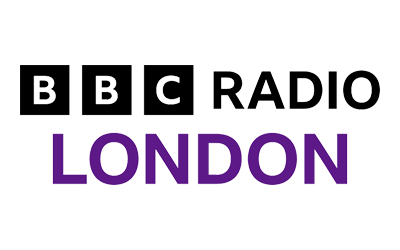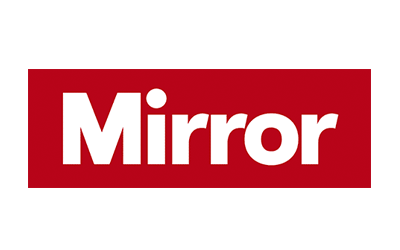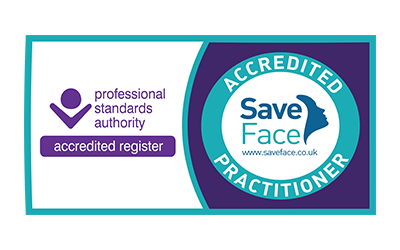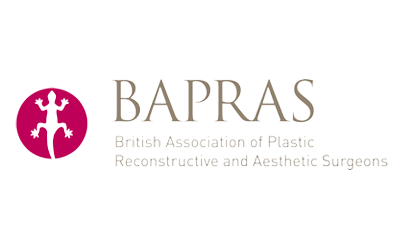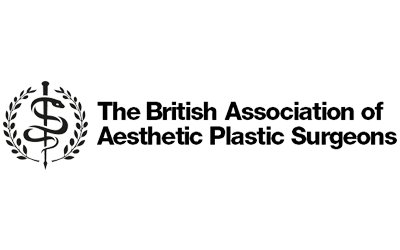Swelling – also known as edema – is perfectly normal following an abdominoplasty (tummy tuck surgery or mini tummy tuck surgery) at our London clinic. It can take 6 weeks to recover from the procedure.
How long does swelling last after a tummy tuck?
Swelling occurs after many surgery procedures, including a tummy tuck. It’ll usually go down within the first two months. Sometimes residual swelling can last up to a year.
What to eat and avoid after a tummy tuck to reduce swelling?
- Avoid salty foods, as these can cause water retention and bloating.
- Include foods high in Vitamin C and A to boost your healing (citrus fruit, strawberries, kale, white potatoes).
- Eat foods high in protein to repair your skin tissues (nuts, fish, lean meat).
- Avoid eating foods that can cause gas and discomfort, like beans, dairy products and foods high in sugar.
- Finally, drink at least two to three litres of water per day to prevent water retention.
How to reduce swelling after a tummy tuck
We know that you’ll be feeling keen to see your flat tummy after a tummy tuck, but you’ll have to wait for the swelling to go down before you see the final result.
You can reduce swelling after breast reduction surgery by:
Staying hydrated
Hydration is essential following a tummy tuck. The human body is made from 70% water, so it cannot function properly if it is dehydrated. You may think that drinking more fluid will worsen swelling, but it can help by flushing out your system.
Aim to drink at least 2 litres of water per day to stay fully hydrated. Using a measured bottle can help you to keep track of how much water you are drinking.
Eating a healthy diet
Your body cannot heal properly if it lacks nutrients. Good nutrition can help reduce swelling, bruising and boost tissue repair following an abdominoplasty.
Ensure you eat a balanced diet rich in:
- Protein
- Complex carbohydrates
- Fibre
- Iron
- Vitamins and minerals
to repair damaged muscle and skin, plus maintain an optimum fluid balance.
A diet rich in leafy green vegetables, lean protein omega 3 and grains is essential for healing and repair.
Reducing your sodium intake
Salt – or sodium chloride – causes your body to retain water, leading to swelling. Aim to keep your salt intake low, but do not exclude it from your diet completely, as this can be dangerous. If you have too little salt and too much water in your diet, you could develop a condition called hyponatremia, which can be very dangerous.
The best way to keep your sodium intake low is to avoid pre-prepared and processed food such as tinned soup and sauces, plus crisps and other savoury snacks.
Managing your medication
Essential to manage pain following a tummy tuck, the appropriate medication will be prescribed by your surgeon before you leave the clinic following your abdominoplasty.
Avoid any supplements which can interfere with the fluid balance in your body, including:
- Diuretics
- Caffeine pills
- Garlic supplements
Staying active
While strenuous activity should be avoided following a tummy tuck, you should aim to move your body each day, as this can help to reduce postoperative edema, plus decrease the risk of developing blood clots and fluid pooling.
Aim for a gentle walk each day, then ask your surgeon for some recommended exercise following your procedure.
After an abdominoplasty you should completely avoid:
- Lifting anything heavy
- Reaching above your head
- Bending over
- Stomach crunches or sit ups
Tissue massage
Increasing the circulation is a key way to reduce post-operative swelling and tissue massage is the ideal way to do this. You should wait until you are able to remove your pressure garment, as massage will not work on top of this.
A clockwise motion, working in outward spiralling circles, should be used. Ensure there is no direct pressure on the abdomen.
Ten minutes of massage, three times per day, can help to reduce swelling and pain. It may also help to reduce the formation of scars following liposuction.
Ensure you consult your surgeon prior to any form of post-operative massage.
To find out more about Liposuction at our London clinic, call us on 020 3811 5982 for a friendly chat.


